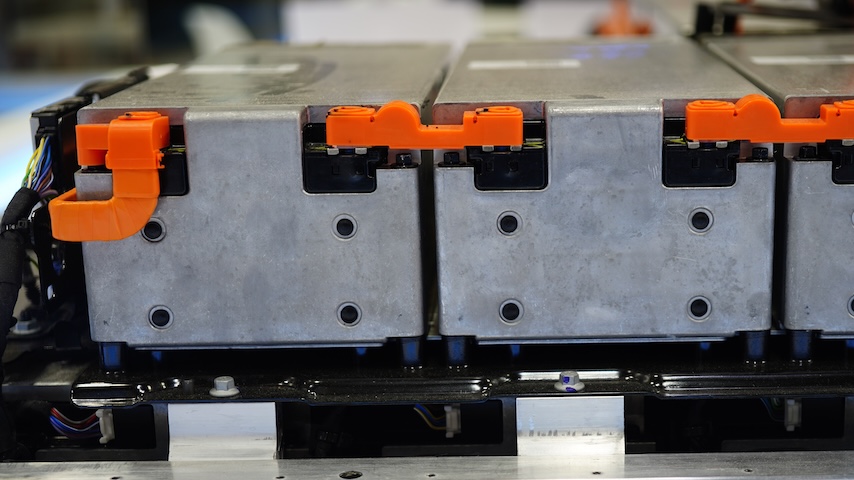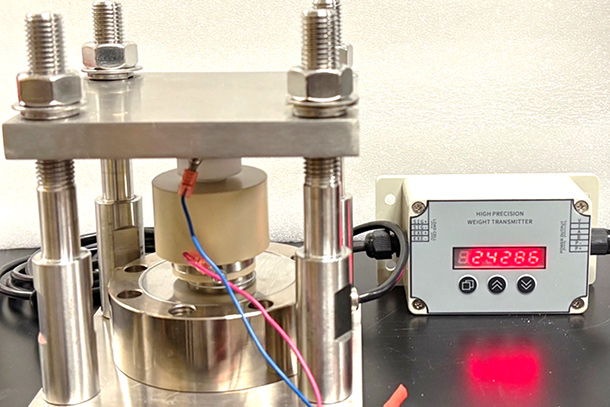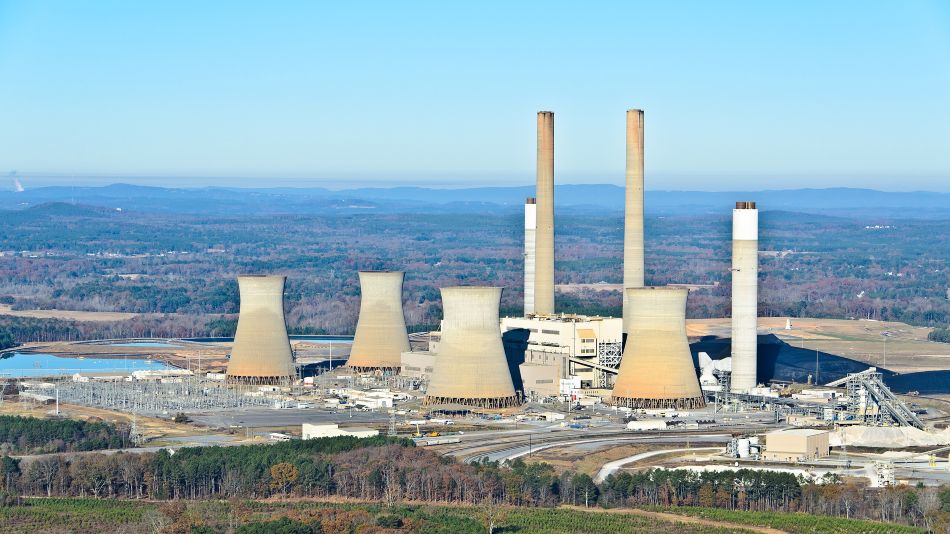House Science Committee’s Subcommittee on Energy Explores the Roles of Tech Transfer and Clean Energy in Economic Recovery
House Science Committee’s Subcommittee on Energy Explores the Roles of Tech Transfer and Clean Energy in Economic Recovery
The House Committee on Science, Space and Technology’s Subcommittee on Energy recently held a virtual hearing on “From Lab to Market: Accelerating Our Progress Towards Economic Recovery and a Clean Energy Future,” which examined the role the Department of Energy’s (DOE) tech transfer programs can play in post-Covid-19 economic recovery. The Subcommittee heard from a panel of five experts that each provided a unique perspective on the value and importance of DOE’s tech transfer work:
DOE’s 17 National Laboratories are leading the way in the federal government’s tech transfer programming. But the federal government alone cannot carry the torch in supporting innovation; public-private partnerships that allow both industry and the federal government to support each other and build off one another are a key part of long-term success. These collaborations allow for greater crossover of basic and applied research in the tech transfer space, and respond to cross-cutting issues that each party in individually incapable of sufficiently solving on their own. Additionally, the opportunities provided to small businesses through programs such as the Small Business Innovation Research (SBIR) and Small Business Technology Transfer (STTR) programs administered through DOE have allowed for many small businesses to contribute innovative new ideas and opportunities that larger companies may have overlooked.
In support of this public-private engagement, the IMPACT for Energy Act Bill, introduced last year in both the House and Senate, was also discussed at length. Among the legislation’s provisions, it calls for the establishment of an Energy Technology Commercialization Foundation. Building on the rest of the hearing discussion, the Energy Technology Commercialization Foundation would facilitate these public-private partnerships as well as strengthen the ability to commercialize DOE’s clean energy technologies. In her remarks, Dr. Reichert explained that this legislation “would provide necessary funding for critical gaps in the early stages of clean tech startup development and in the commercialization of innovative technologies… the establishment of an Impact Investment Fund would help fill critical current private sector funding gaps in the path to market for early-stage clean technologies.”
To view the an archived webcast of the hearing, click here: https://science.house.gov/hearings/from-lab-to-market-accelerating-our-progress-toward-economic-recovery-and-a-clean-energy-future
To view the text of H.R.3575/S.2005 The Impact for Energy Act, click here:
- Ms. Jetta Wong, President, JLW Advising and Former Director, Office of Technology Transitions, U.S. Department of Energy
- Ms. Jennifer States, Director for Blue Economy, DNV GL and Project Director, Washington Maritime Blue
- Ms. Farah Benahmed, Climate and Energy Policy Advisor, Third Way
- Dr. Emily Reichert, Chief Executive Officer, Greentown Labs
- Dr. Lee Cheatham, Director of Technology Deployment and Outreach, Pacific Northwest National Laboratory (PNNL)
DOE’s 17 National Laboratories are leading the way in the federal government’s tech transfer programming. But the federal government alone cannot carry the torch in supporting innovation; public-private partnerships that allow both industry and the federal government to support each other and build off one another are a key part of long-term success. These collaborations allow for greater crossover of basic and applied research in the tech transfer space, and respond to cross-cutting issues that each party in individually incapable of sufficiently solving on their own. Additionally, the opportunities provided to small businesses through programs such as the Small Business Innovation Research (SBIR) and Small Business Technology Transfer (STTR) programs administered through DOE have allowed for many small businesses to contribute innovative new ideas and opportunities that larger companies may have overlooked.
In support of this public-private engagement, the IMPACT for Energy Act Bill, introduced last year in both the House and Senate, was also discussed at length. Among the legislation’s provisions, it calls for the establishment of an Energy Technology Commercialization Foundation. Building on the rest of the hearing discussion, the Energy Technology Commercialization Foundation would facilitate these public-private partnerships as well as strengthen the ability to commercialize DOE’s clean energy technologies. In her remarks, Dr. Reichert explained that this legislation “would provide necessary funding for critical gaps in the early stages of clean tech startup development and in the commercialization of innovative technologies… the establishment of an Impact Investment Fund would help fill critical current private sector funding gaps in the path to market for early-stage clean technologies.”
To view the an archived webcast of the hearing, click here: https://science.house.gov/hearings/from-lab-to-market-accelerating-our-progress-toward-economic-recovery-and-a-clean-energy-future
To view the text of H.R.3575/S.2005 The Impact for Energy Act, click here:






